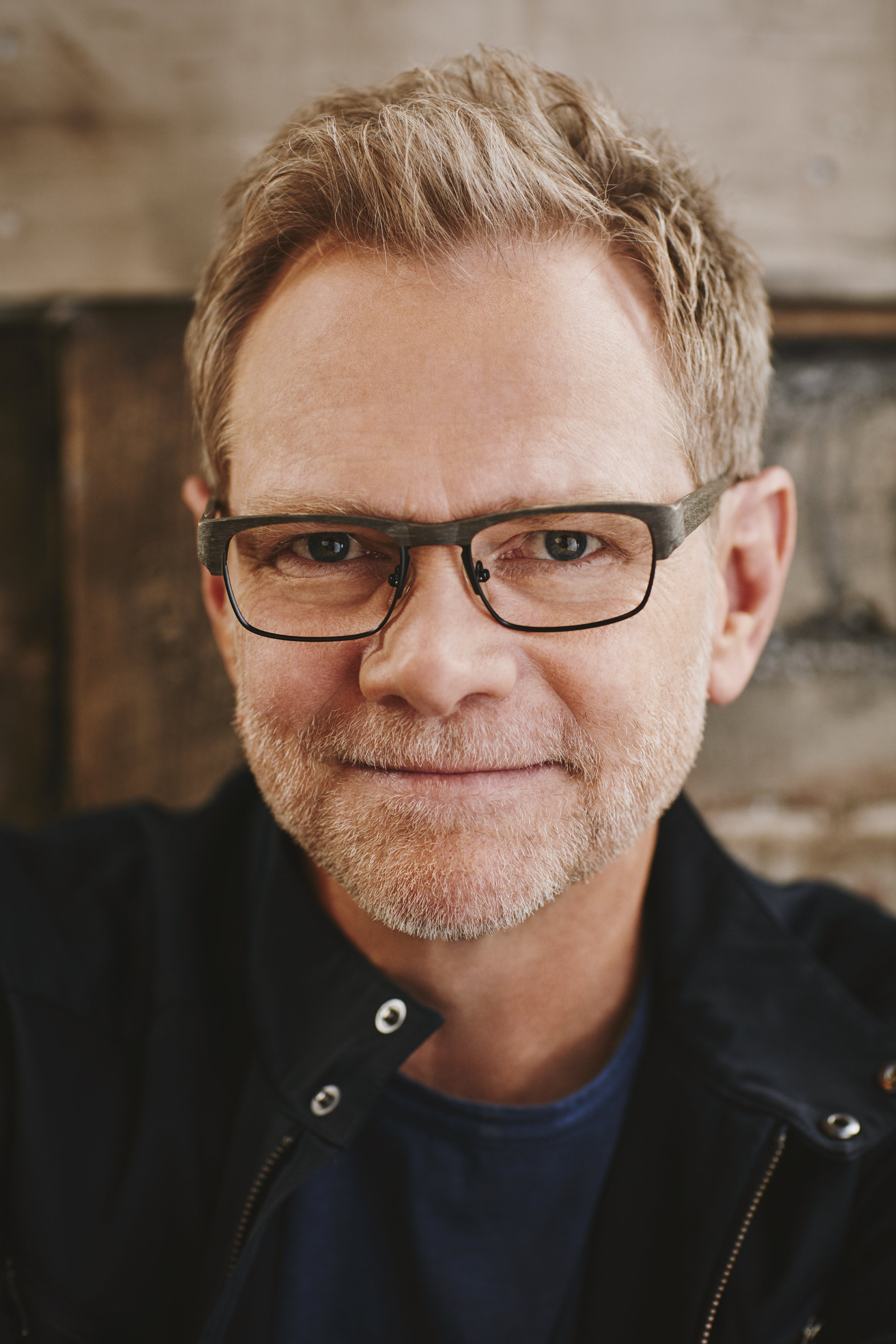If you go
› What: Steven Curtis Chapman› Where: Walker Theatre inside Memorial Auditorium, 399 McCallie Ave.› When: 8 p.m. Friday, March 9› Admission: Sold out› For more information: 423-757-5580
Steven Curtis Chapman has been writing songs for three decades. More than 50 of them have hit No. 1 on Christian radio, and he's earned 58 Gospel Music Association Dove Awards, five Grammys and sold 11 million albums.
Yet after 18 studio albums he says he still doesn't know much about songwriting.
"You always feel like you're in kindergarten with so much to learn ahead of you - even with the number of years I've done it," Chapman says. "It's creativity, it's crafting something out of the air. For me, with my faith, that's part of the miracle of experiencing God in our lives. He's given us the gift of creativity."
Chapman's songs are at the heart of his tour, "SCC Solo: A Night of Hits, History and Influences," which stops in Walker Theatre on Friday night, March 9.
Chapman says he's constantly writing songs, even when he's not sitting with a guitar or at a desk trying to pen lyrics.
"Part of the wonder of it for me, the mystique, is it can be any number of ways," he said. "It can be a melody, a musical idea. For me, most often songs start with an idea, a lyrical inspiration, just a thought - I want to write a song about, say, the magic of the moment. I'll go to the guitar or piano and start working with stuff. A lot of times, as soon as I've had a thought, a melody will come."
Many of those thoughts, Chapman said, are immediately sung, played or spoken into voice messages on his phone. That's a 21st-century version of the method he and other songwriters have used for decades of grabbing anything around them to document the song when it comes.
"It's napkins, it's the back of paper menus at restaurants, it's tearing a page out of the airline magazine and writing something down on it," Chapman said. "The phone has radically changed that for me. You always have your phone with you. I'll type in an idea or I'll sing a melody into it. Sometimes it's just a snippet. I've got thousands of those."
So, what's more important: melody, lyrics or the song's arrangement?
"The phrase I remember learning early on is that it's the marriage of the melody, the music and the lyric," Chapman said.
For example, pairing a melancholy lyric with upbeat music can create an "I didn't see that coming" twist, he says, making a song more interesting and captivating for the listener.
Chapman says his songs are primarily rooted in his life rather than coming from observations or more abstract themes.
"In my view, my best songs, I think, the ones that impact people the most, that people connect with most are songs that are from my own experiences."
Like most songwriters, Chapman constantly tinkers with his compositions, reworking them right up until it's time to take them into the studio for recording.
"Most of the time, I'm second-guessing things right down 'til I can't do it anymore," he said. "Most of the songs get rewritten five or 15 times. I've got a song called 'Dive,' it's a fun, jump-up-and-down song. If I played you the first version of it, you'd never recognize it as the same song. I kind of drive myself, and particularly my wife, crazy with that."
Contact L. Kent Wolgamott at alanlastword@gmail.com.

